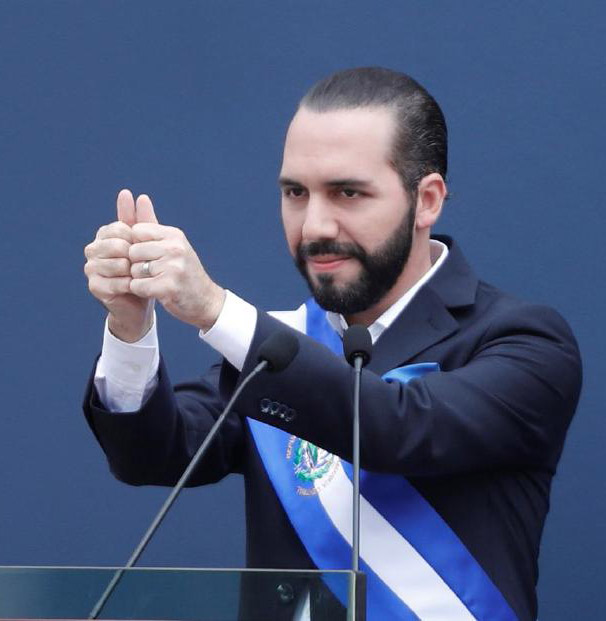SAN SALVADOR, (Reuters) – Salvadoran President Nayib Bukele is planning by early September to fulfill a campaign vow to launch an independent commission to investigate corruption, similar to a U.N.-backed body in Guatemala that brought down that country’s last president.
“Within our first 100 days we will launch the CICIES,” Bukele wrote on Twitter on Thursday night, referring to the entity to be named the International Commission Against Impunity in El Salvador.
Bukele took office on June 1, ending three decades of a two-party system and vowing to root out entrenched corruption that has implicated even former presidents.
Guatemala’s International Commission Against Impunity in Guatemala, or CICIG, was set up over a decade ago with support from the United Nations and with the authority to conduct independent investigations and work with the country’s prosecutors.
Anti-corruption activists credit the CICIG with cleaning up Guatemala’s government, although the group is now being dismantled by President Jimmy Morales, himself a target of its probes. In 2015, it investigated a multimillion-dollar graft case that led to the jailing of former President Otto Perez.
El Salvador’s previous government said its institutions were capable of bringing corrupt politicians to justice and that it did not need an independent body similar to the CICIG.
Vice President Felix Ulloa, appointed to lead the project, has said the U.S. Agency for International Development (USAID) would be a “strategic ally,” without providing further details.
“The CICIES will be a reality in our country. Those who stole and obstructed the development of El Salvador will be held accountable,” Ulloa wrote on Twitter.
It was not clear whether the commission would need approval from Congress, in which Bukele’s party does not hold a majority.
Former President Antonio Saca, who served from 2004 to 2009, is serving 10 years in prison for money laundering and embezzlement.
Mauricio Funes, president from 2009 to 2014, is accused of money laundering and embezzlement involving $351 million. El Salvador is seeking his extradition from Nicaragua, where Funes has lived since 2016 and claims to have political asylum.

